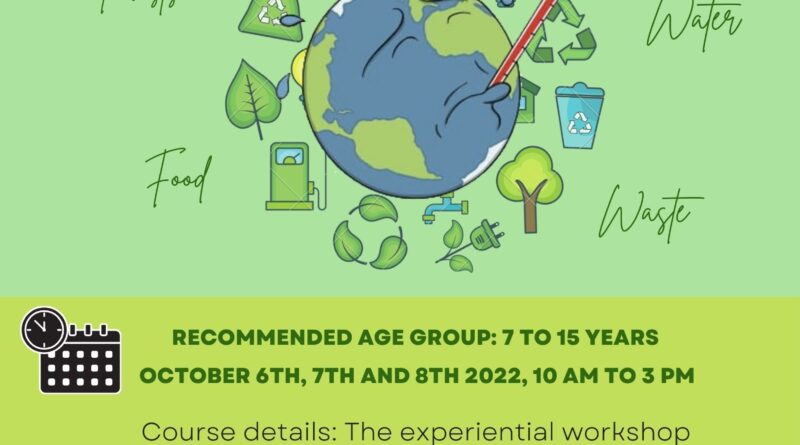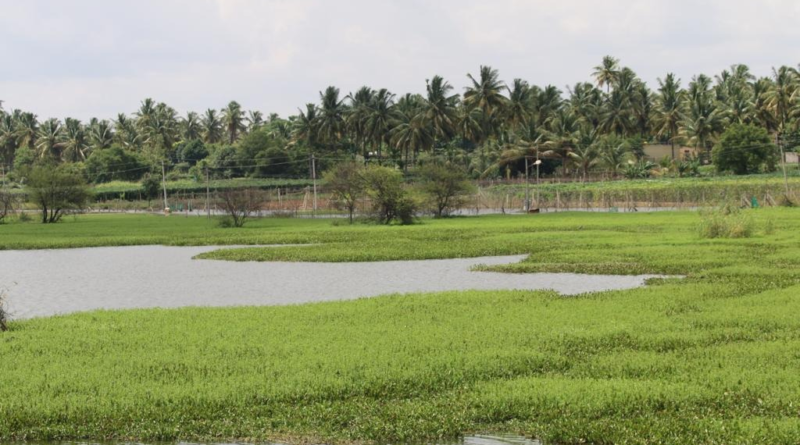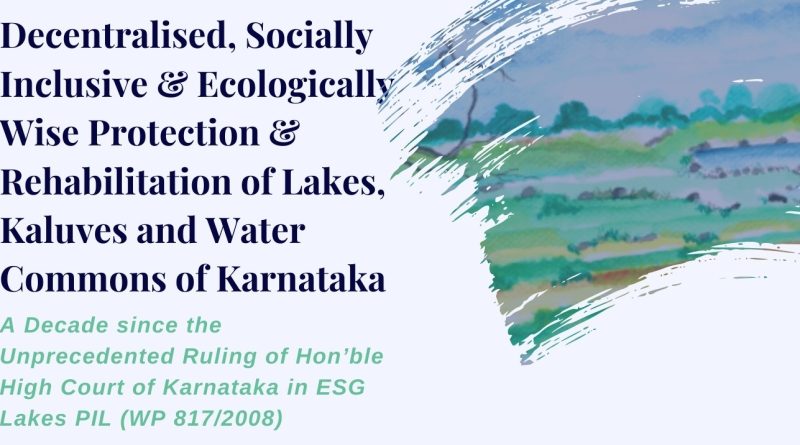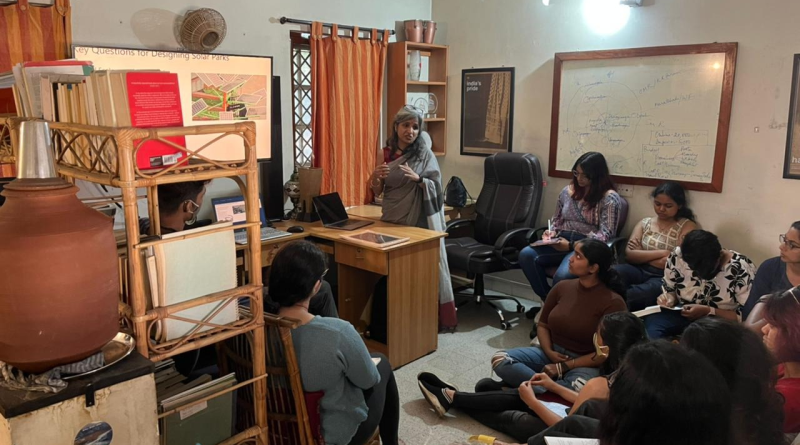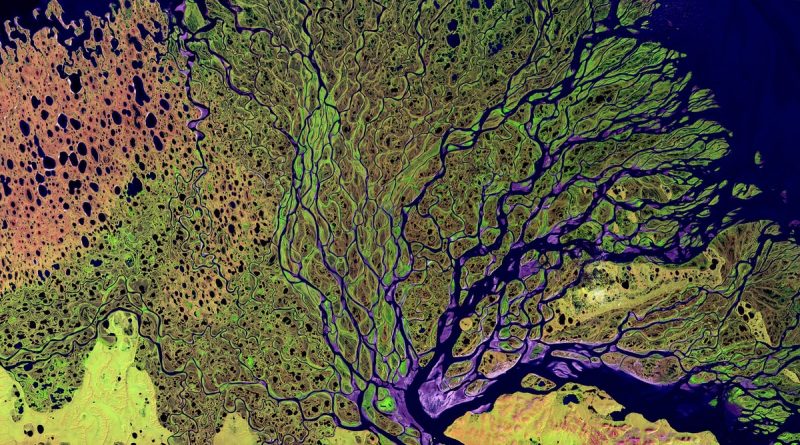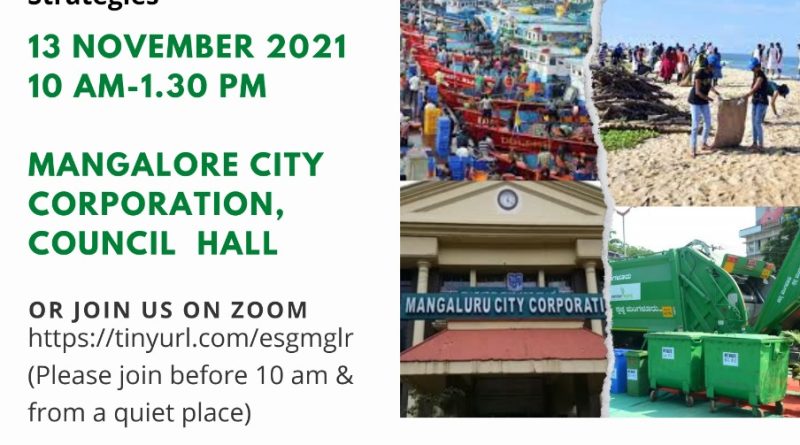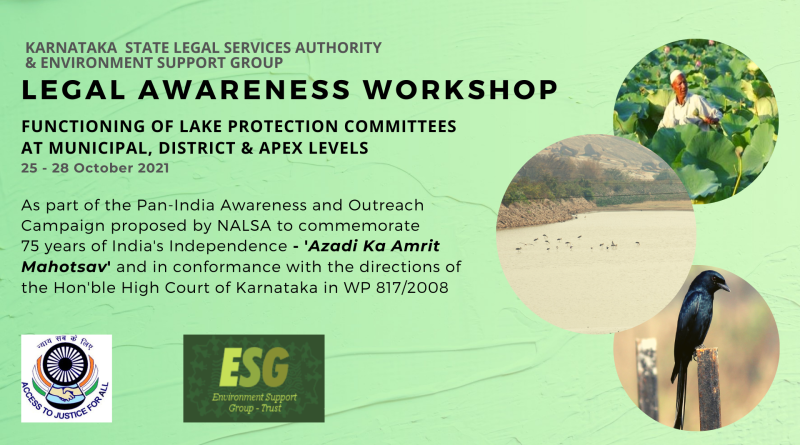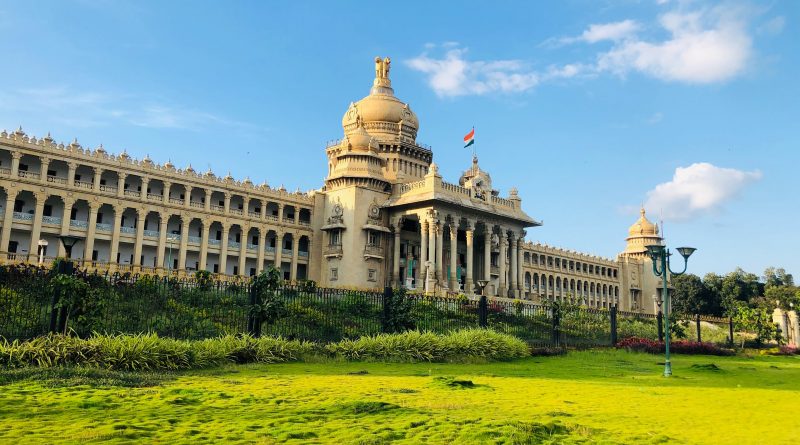Workshop For Kids – Young Climateers
ESG is happy to launch the next workshop for Young climateers on October 6th,7th and 8th.The experiential workshop will introduce children to climate change, its relationship with water, waste, pollution, soil etc. and conclude with a field trip to observe and immerse in nature. Do enroll your child for this exciting workshop which will be conducted through games, activities, interaction and immersion.
Read More

